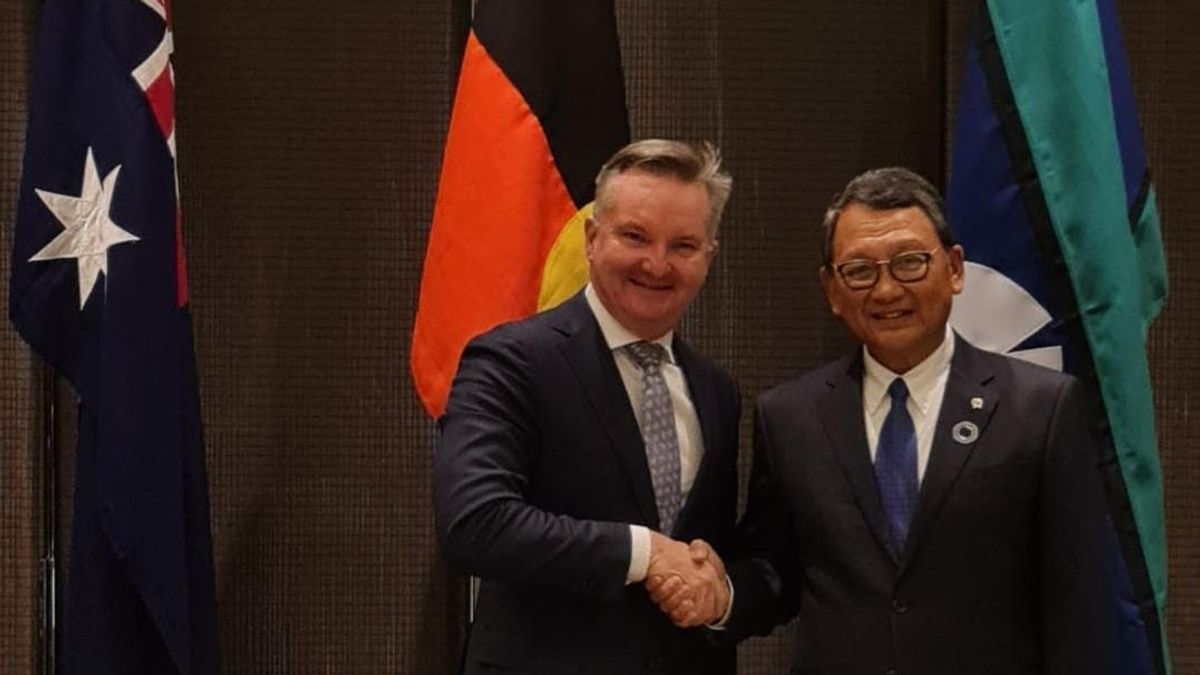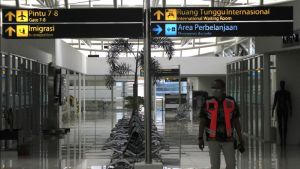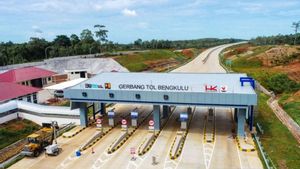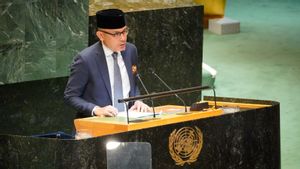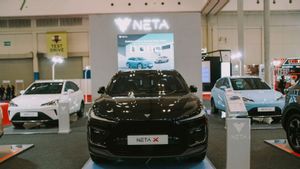JAKARTA - Minister of Energy and Mineral Resources (ESDM) Arifin Tasrif discussed plans to develop clean energy technology during a meeting with Australian Minister of Climate Change and Energy Chris Bowen MP in Sydney.
"We must put technology as a priority to overcome the challenges of decarbonization, such as solar PV, battery production, and hydrogen. For this reason, access to technology and affordable financing must be explored massively," said Arifin in an official statement, Wednesday, July 13.
Arifin acknowledged that the commitment to realize Net Zero Emission in 2060 along with the diversity of new and renewable energy sources (EBT) in Indonesia requires technology development support.
"Indonesia hopes that Australia can support this by supporting the consensus that will be drawn up together (in the G20 forum)," he explained.
As an Indo-Pacific country, Indonesia recognizes that a secure and resilient energy supply chain will be critical to achieving the energy transition.
He also mentioned the role of all countries in the Indo Pacific region in strengthening the energy supply in each country.
"We have to make the energy supply chain more diversified and competitive," added Arifin.
One of the focuses of the energy transition being worked on by the Indonesian government is energy efficiency, as well as the program for converting fuel vehicles to electric vehicles.
Arifin said the Indonesian government's policies were in the application of energy management, Minimum Energy Performance Standards (SKEM), and the adoption of high-efficiency technology for the industrial and building sectors.
He hopes that the Australian government and businessmen can participate in the development of these technologies and industries.
The Indonesian government, continued Arifin, is also exploring the use of other clean energy sources through various technologies.
"We recognize that hydrogen and ammonia can be important contributors to the use of clean energy in the future," he explained.
Later, the use of hydrogen will be focused on the transportation and industrial sectors that still use fossil fuels.
Meanwhile, ammonia with a high hydrogen content can play an important role in supporting carbon reduction programs, especially in power plants.
Currently, Indonesia has investment plans and ongoing green hydrogen pilot projects, such as green hydrogen hybrids from solar and wind power in East Sumba, planned projects in North Kalimantan and Papua from large hydroelectric power plants, and a pilot project in Ulubelu with using geothermal condensate.
The English, Chinese, Japanese, Arabic, and French versions are automatically generated by the AI. So there may still be inaccuracies in translating, please always see Indonesian as our main language. (system supported by DigitalSiber.id)
